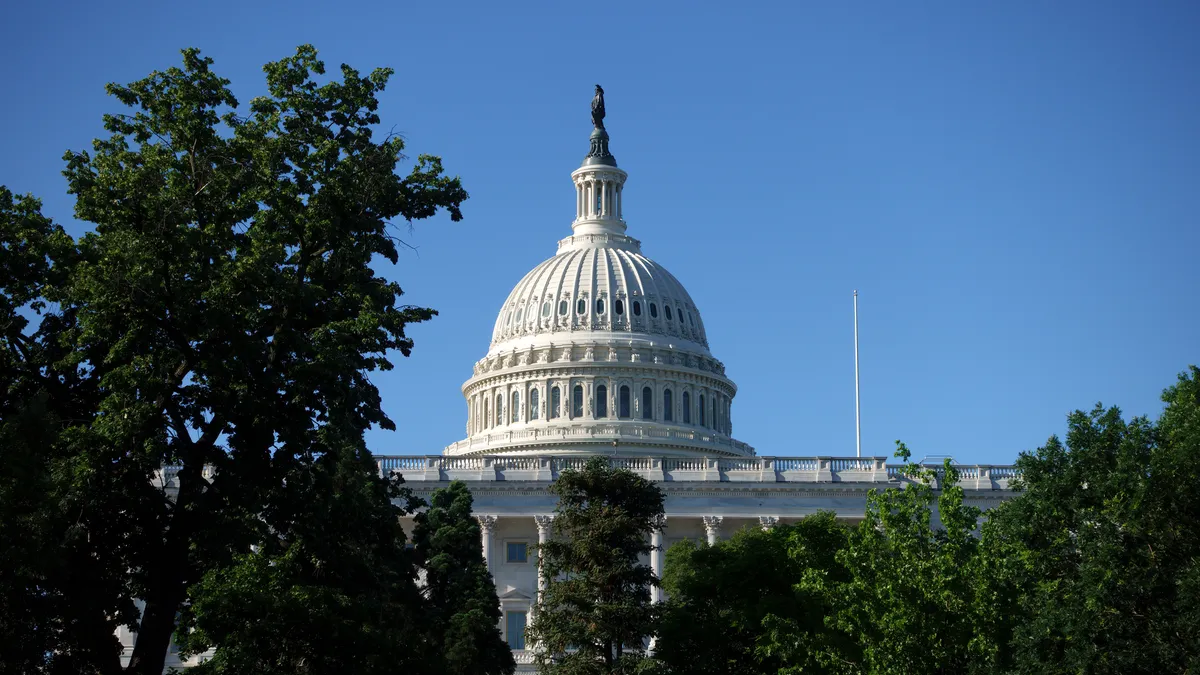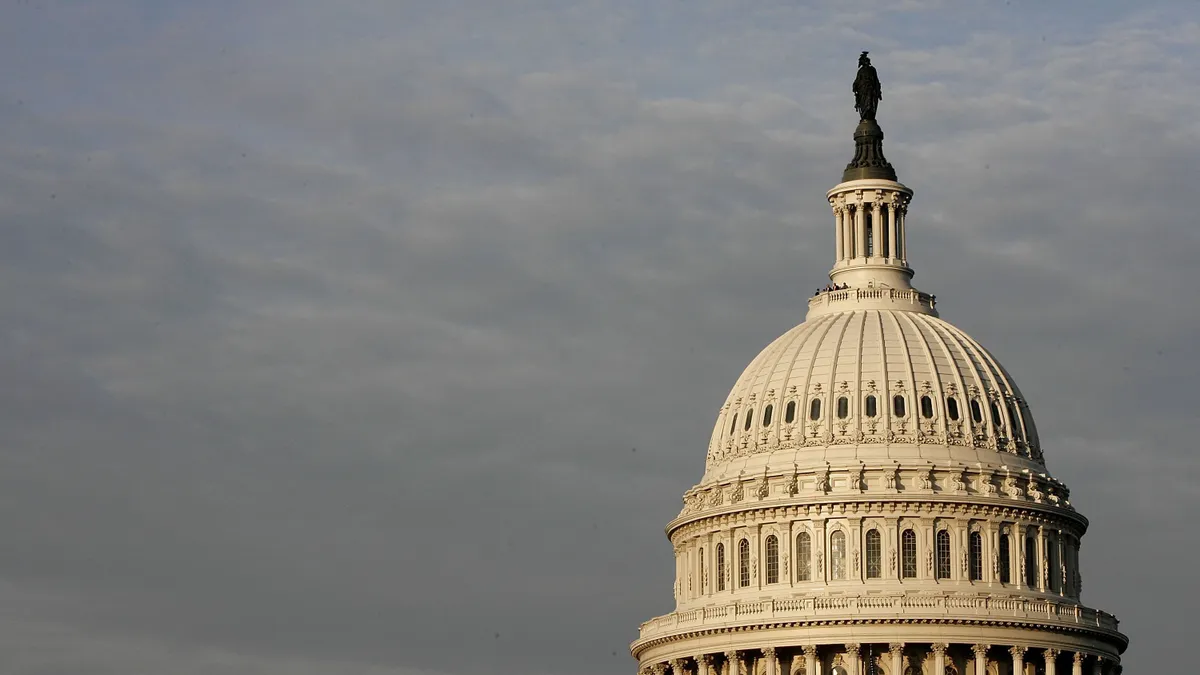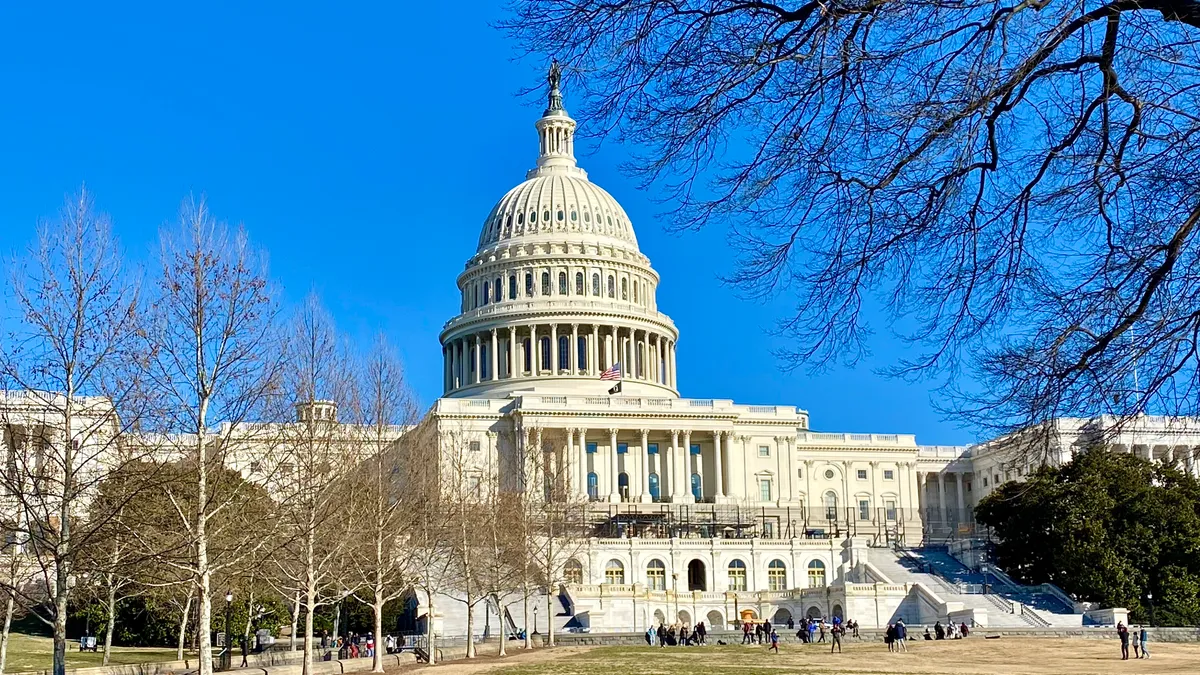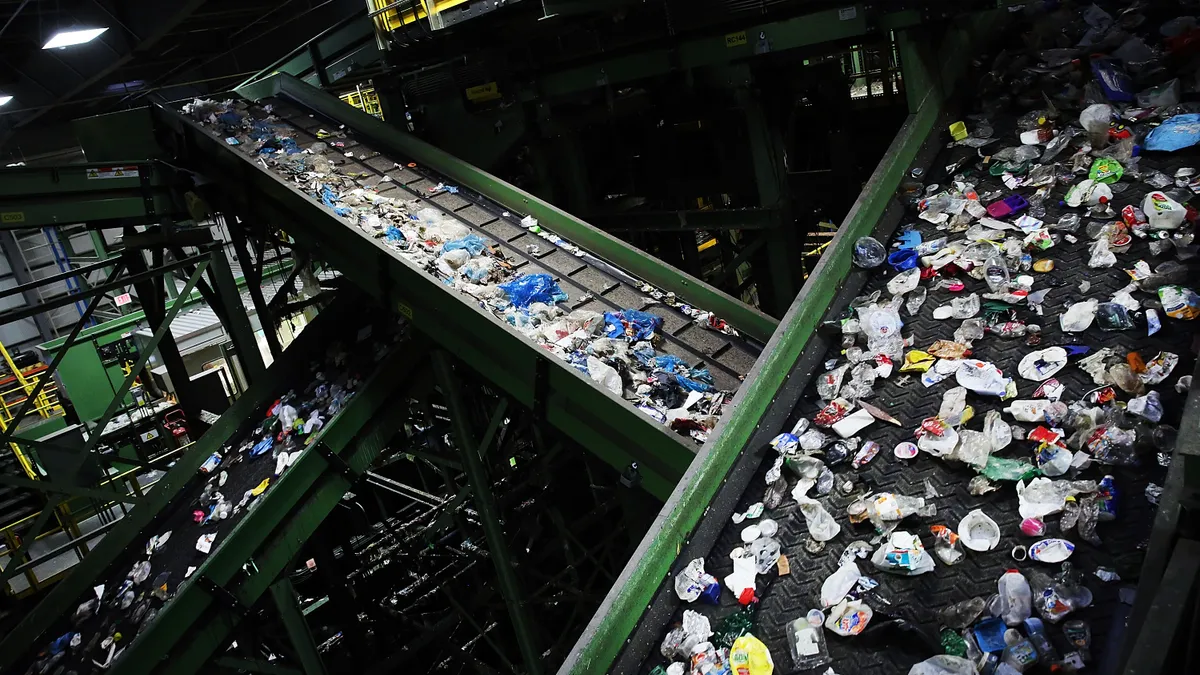The U.S. Senate has passed two bills meant to improve rural access to recycling infrastructure and collect better recycling and composting data.
The Recycling Infrastructure and Accessibility Act and the Recycling and Composting Accountability Act passed the Senate by unanimous consent on July 28. The bills, which have bipartisan support and have received widespread attention from recycling and waste groups, now move to the House of Representatives. Both bills also have companion legislation in the House.
The Recycling Infrastructure and Accessibility Act, sponsored by Sen. Shelley Moore Capito, R-W.Va., aims to create an infrastructure grant program for projects that make recycling services more accessible to rural and disadvantaged communities that don’t have reliable or nearby access to MRFs.
The Recycling and Composting Accountability Act, sponsored by Sen. Tom Carper, D-Del., would direct the U.S. EPA to more formally collect numerous types of recycling and composting data.
The National Waste & Recycling Association urged the House to pass the two bills, with CEO Darrell Smith saying in a statement the measures “will advance America’s domestic recycling infrastructure and capabilities.”
“More accurate data will tell us exactly where recycling system deficiencies are, and improved infrastructure will aid in more efficient collection, sorting, and recycling of all materials,” said Matt Seaholm, president and CEO of PLASTICS, in a statement applauding the bills’ passage.
The Recycling Infrastructure and Accessibility Act in particular has garnered widespread recycling industry support from other groups such as the Solid Waste Association of North, Institute of Scrap Recycling Industries, American Forest & Paper Association and American Beverage. Closed Loop Partners, AMP Robotics, and several material or packaging manufacturers also support the bill.
The pair of bills were first introduced in March and have moved swiftly through Congress. They also received attention at multiple congressional hearings, most recently at a House environmental and climate change subcommittee hearing in June.
During the subcommittee hearing, David Allaway, senior policy analyst for Oregon’s Department of Environmental Quality, said detailed recycling data collection would help the country avoid pouring time and resources into “false solutions” instead of data-backed recycling strategies.
If passed and signed, the bills could be the most notable recycling-related legislation enacted at the federal level since the Infrastructure Investment and Jobs Act passed in 2021, which will provide $350 million for recycling initiatives.














